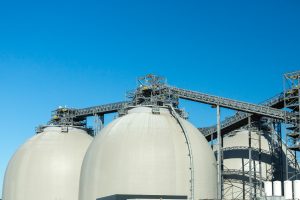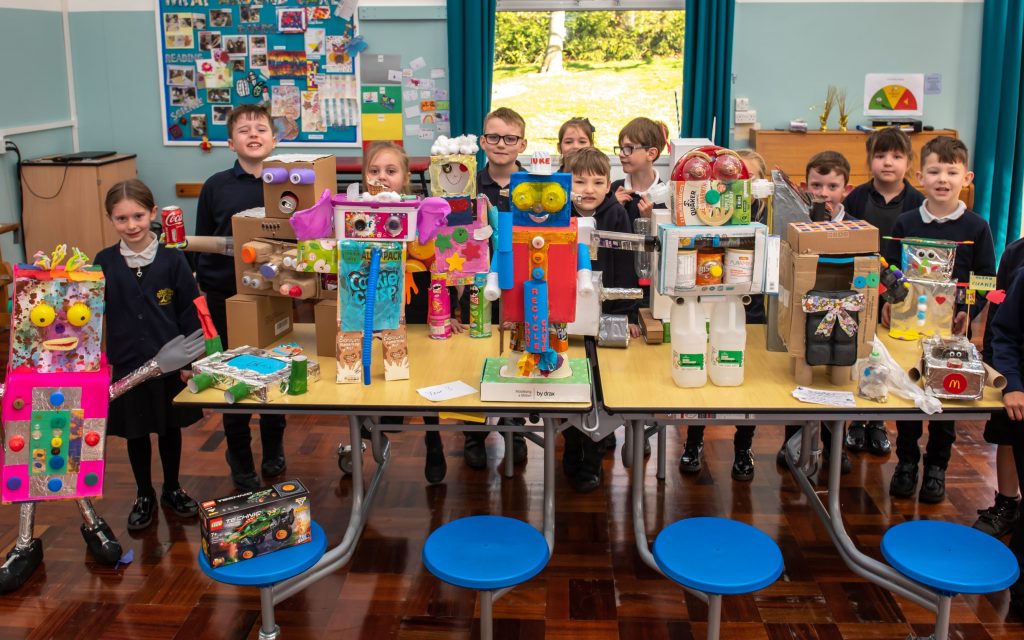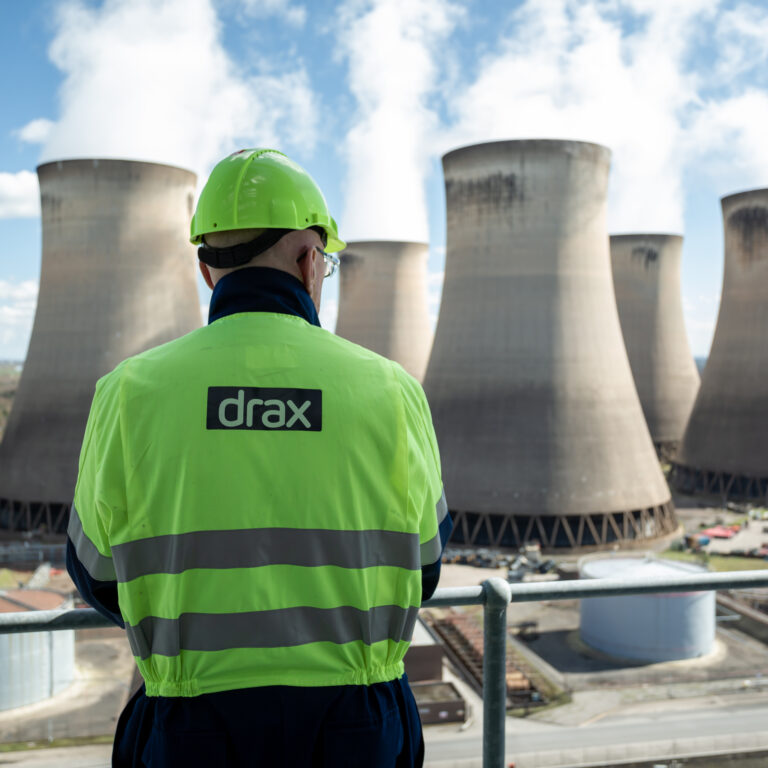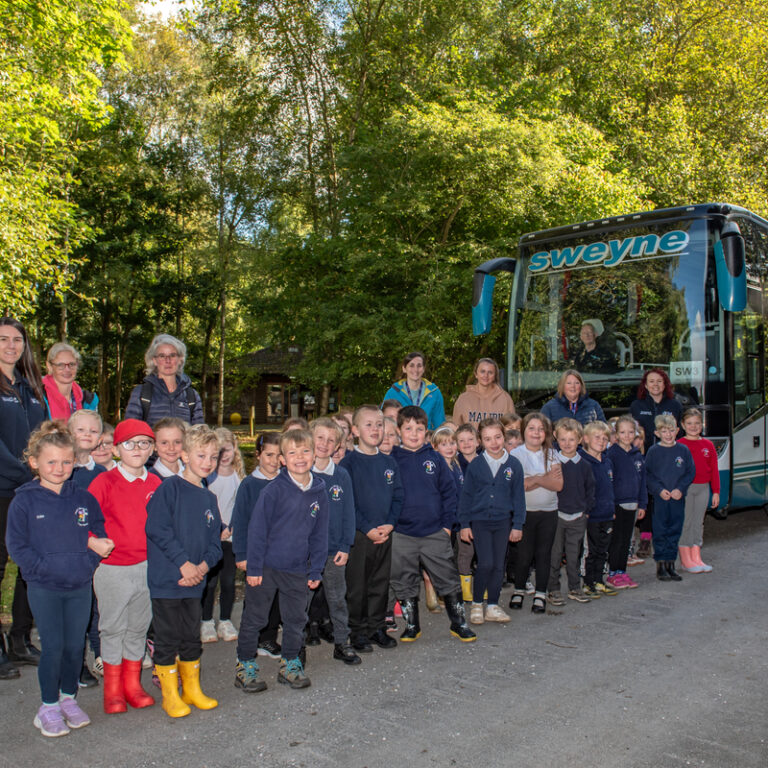In March, students aged between seven and eleven at Camblesforth Community Primary Academy (part of Ebor Academy Trust), were provided with individual activity boxes containing a range of learning materials, games and resources they will need to build their robots, the focus of which is on recycling and forms part of their school curriculum.
The robots are made from recyclable materials that can be found around the house such as bottles, tin cans and cardboard and have been designed to carry out recycling tasks such as having magnetic hands to pick up metal, or built-in compartments to store paper.
To launch the project, students received a presentation from the Drax Community and Education team on recycling and the role everyone plays ensuring the correct waste items enter recycling schemes. The Drax team then returned at the end of April to see the results and judge the best robots.
Drax Community and Education Manager, Jane Breach, said: “By providing schools with these resources we hope to help develop students’ understanding of the importance of recycling and fire up their imaginations, inspiring them to study STEM subjects by showing them the wide range of career options that are available.”
Camblesforth Community Primary Academy teacher, Georgia Wynn said: “Creating their amazing robots really sparked the children’s enthusiasm for STEM and drew their focus to the importance of recycling. Activities like these are so important as it brings the subject to life and encourages students to start thinking about careers they might enjoy in the future.”
Drax has a long tradition of supporting education and helping to inspire the next generation of engineers by encouraging interest in STEM subjects. The renewable energy company offers a number of other initiatives to support STEM education and skills including offering power station tours, interactive workshops and work experience opportunities.
ENDS
Pic caption: Camblesforth Primary School pupils with their recycled robots
Media contacts:
Megan Hopgood
Communications Officer
E: [email protected]
T: 07936 350 175
About Drax
Drax Group’s purpose is to enable a zero carbon, lower cost energy future and in 2019 announced a world-leading ambition to be carbon negative by 2030, using bioenergy with carbon capture and storage (BECCS) technology.
Drax’s around 3,000 employees operate across three principal areas of activity – electricity generation, electricity sales to business customers and compressed wood pellet production and supply to third parties. For more information visit www.drax.com
Power generation:
Drax owns and operates a portfolio of renewable electricity generation assets in England and Scotland. The assets include the UK’s largest power station, based at Selby, North Yorkshire, which supplies five percent of the country’s electricity needs.
Having converted Drax Power Station to use sustainable biomass instead of coal it has become the UK’s biggest renewable power generator and the largest decarbonisation project in Europe. It is also where Drax is piloting the groundbreaking negative emissions technology BECCS within its CCUS (Carbon Capture Utilisation and Storage) Incubation Area.
Its pumped storage, hydro and energy from waste assets in Scotland include Cruachan Power Station – a flexible pumped storage facility within the hollowed-out mountain Ben Cruachan.
The Group also aims to build on its BECCS innovation at Drax Power Station with a target to deliver 4 million tonnes of negative CO2 emissions each year from new-build BECCS outside of the UK by 2030 and is currently developing models for North American and European markets.
Pellet production and supply:
The Group has 19 operational pellet plants and developments with nameplate production capacity of around 5 million tonnes a year.
Drax is targeting 8 million tonnes of production capacity by 2030, which will require the development of over 3 million tonnes of new biomass pellet production capacity. The pellets are produced using materials sourced from sustainably managed working forests and are supplied to third party customers in Europe and Asia for the generation of renewable power.
Drax’s pellet plants supply biomass used at its own power station in North Yorkshire, England to generate flexible, renewable power for the UK’s homes and businesses, and also to customers in Europe and Asia.
Customers:
Drax supplies renewable electricity to UK businesses, offering a range of energy-related services including energy optimisation, as well as electric vehicle strategy and management.
To find out more go to the website energy.drax.com




















